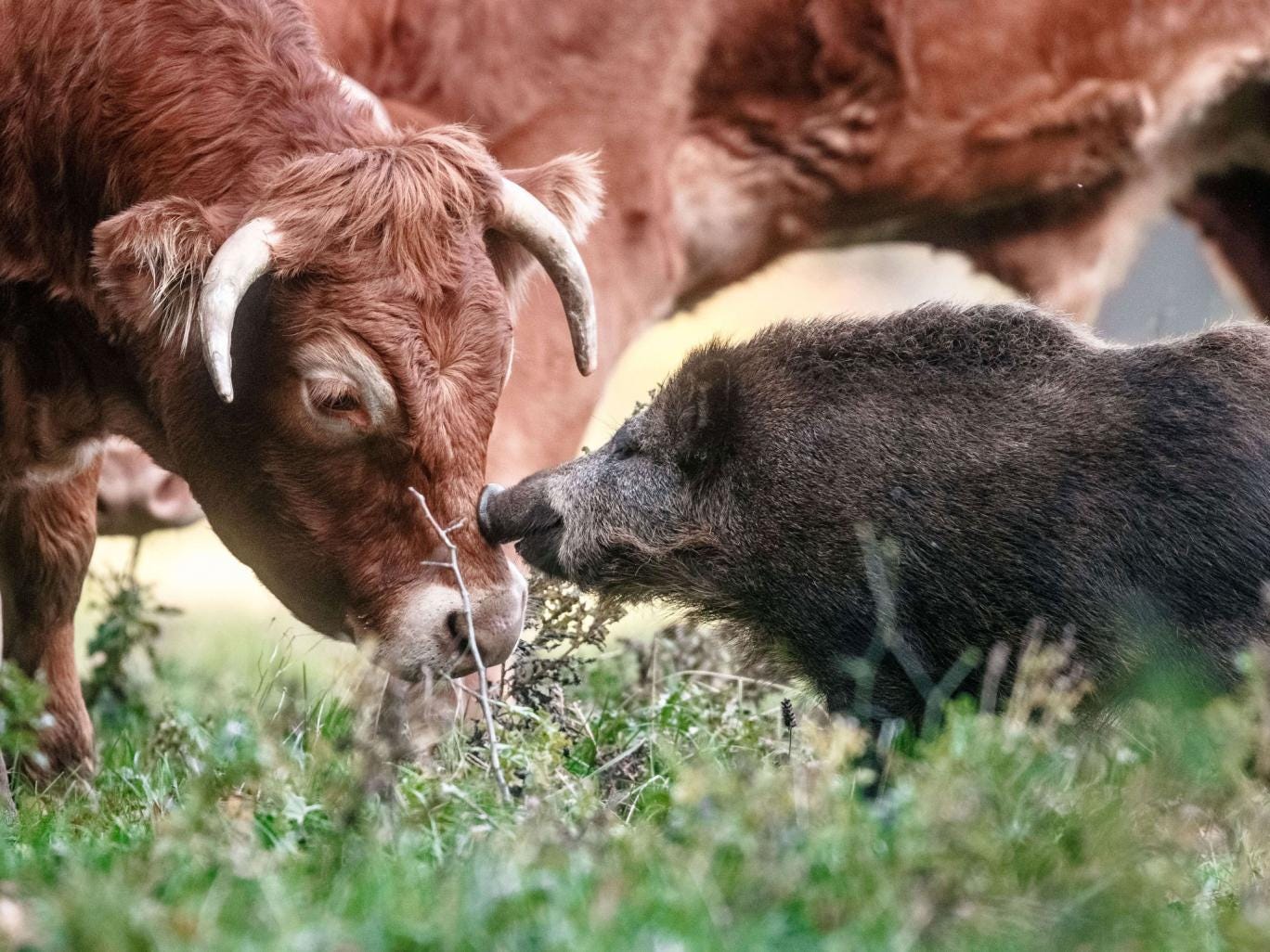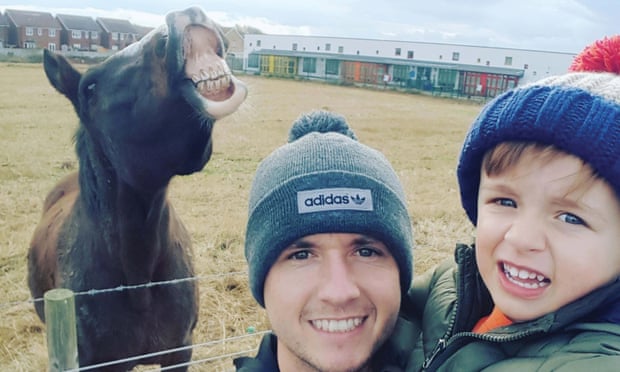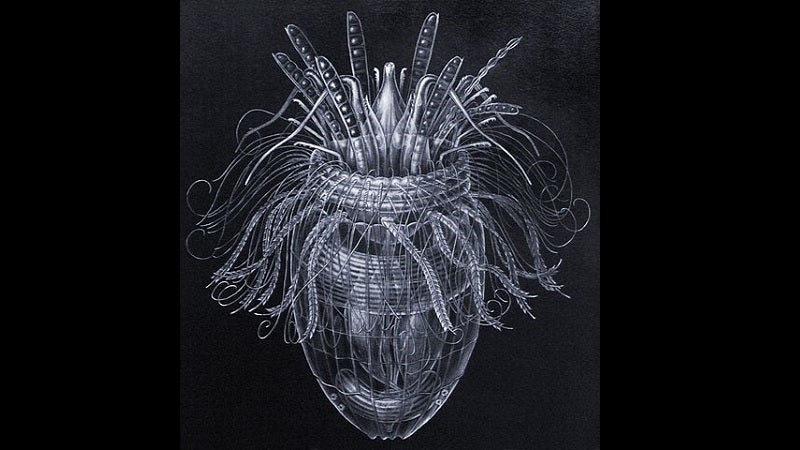Bad ideas and selfies are like the peanut butter and jelly of our times. While trying to snap impressive self-portraits at wildly inopportune moments, some of the distracted and vain have accidentally driven off the road and plowed into a tree, walked backward off a dangerously high cliff, and been bitten by a rattlesnake who was not in the mood to be photographed.
http://tinyurl.com/jaztmd6
http://tinyurl.com/jaztmd6






/cdn0.vox-cdn.com/uploads/chorus_asset/file/6038035/cow-animal-review-flickr-chris-marchant.0.jpg)









